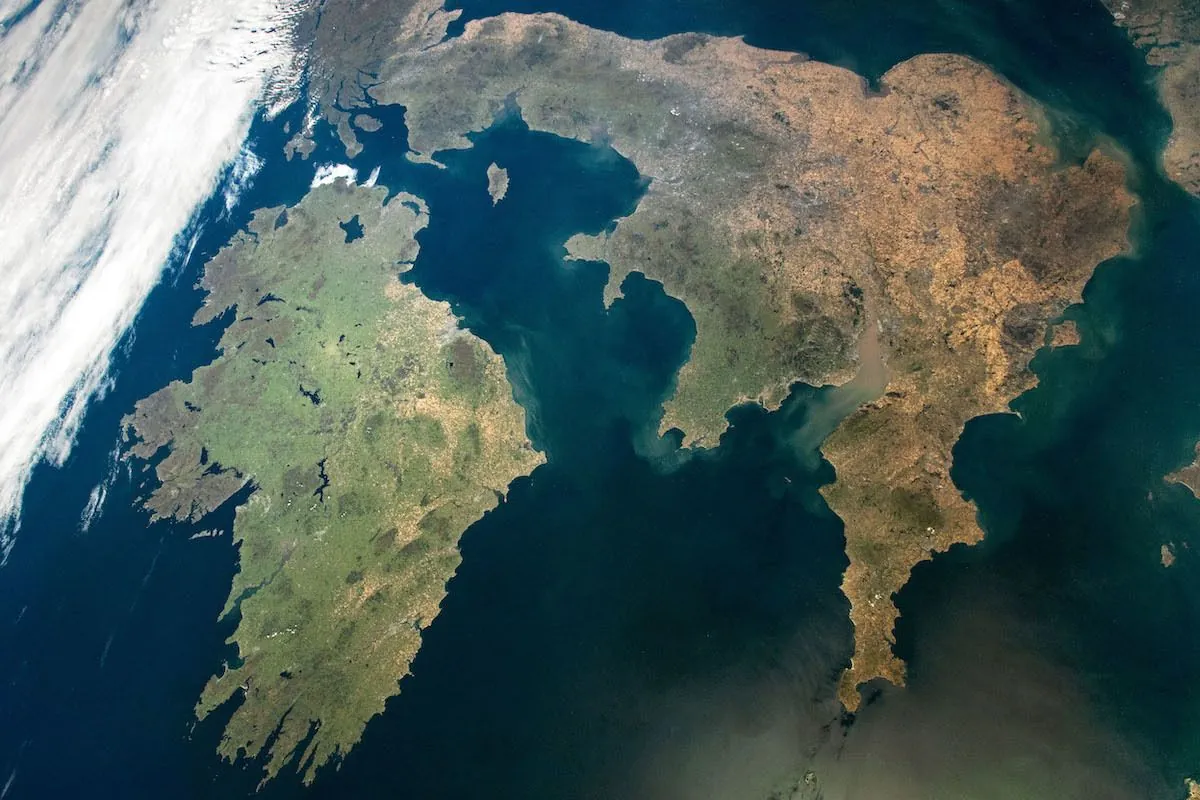In early July 2024, Britain experienced cooler-than-usual temperatures, prompting speculation on social media about potential changes in Earth's orbit or tilt. However, meteorologists and experts have debunked these claims, pointing to atmospheric conditions as the true cause of the unseasonable weather.
The Met Office, Britain's national weather service established in 1854, reported slightly below-average temperatures for the period. This led to a viral social media post on July 7, 2024, suggesting that "The Earth must be drifting away from the sun or the tilt is off only explanation for this cold in July."
Experts quickly dismissed this notion, explaining that the actual cause was the unusual position of the jet stream. This narrow band of strong winds in the upper atmosphere, which separates cold polar air from warmer tropical air, was positioned further south than typical for the season. As a result, it brought cooler Arctic air to lower latitudes, affecting Britain's weather.
José Carlos Rodríguez-Pérez, director of the Bureau of Networks and Observations of the Global Geodetic Observing System (GGOS), emphasized that there have been no significant changes in Earth's orbit or tilt. He stated, "There is no mechanism for the Earth to move unexpectedly in a significant manner." The GGOS, which monitors Earth's shape, rotation, and gravity field, has not detected any unusual variations.
NASA confirms that Earth maintains a tilt of 23 degrees and 27 minutes relative to its orbital path around the Sun. This tilt, responsible for our seasons, remains constant during the planet's annual journey. While very slight variations in tilt occur over tens of thousands of years, these are associated with large-scale changes in water bodies and are not perceptible in short-term weather patterns.
David Schultz, a professor in synoptic meteorology at the University of Manchester, pointed out that global temperature trends contradict the claim of Earth moving away from the Sun. Daily temperature data from the University of Maine's Climate Change Institute, founded in 1973, consistently shows above-average temperatures worldwide.
The jet stream's behavior, influenced by factors such as air pressure differences, played a crucial role in Britain's cooler July weather. Jim Dale, a senior meteorologist at British Weather Services, explained that higher air pressure over much of Europe resulted in a split jet stream. This led to lower air pressure and associated weather fronts over Britain, causing chillier and damper conditions.
It's worth noting that Earth's relationship with the Sun is complex. The planet's orbit is elliptical, not perfectly circular, and its axis precesses, completing a cycle every 26,000 years. These long-term cycles, known as Milankovitch cycles, do affect climate over extensive periods but do not explain short-term weather anomalies.
In conclusion, the cooler weather in Britain during early July 2024 was a result of normal weather variability, specifically the position of the jet stream, rather than any changes in Earth's orbit or tilt. As climate change continues to affect global weather patterns, understanding these atmospheric dynamics becomes increasingly important for accurate weather prediction and climate analysis.
